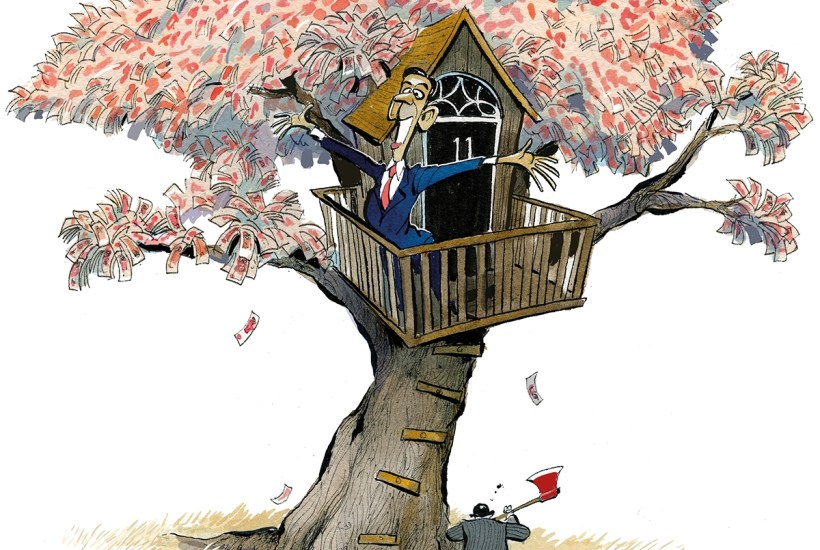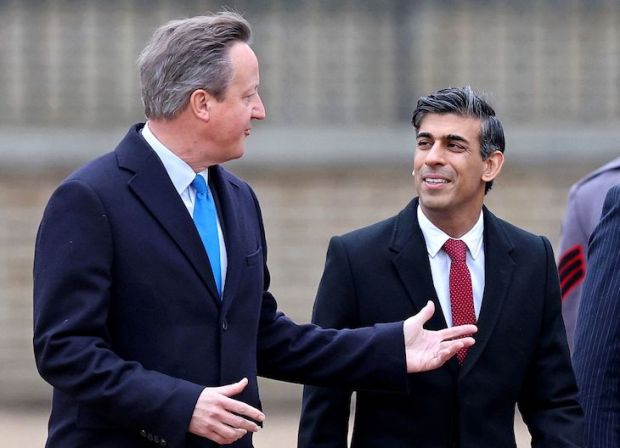Has the Bank of England’s Monetary Policy Committee quietly excused itself from its duty of keeping inflation down: namely, keeping the Consumer Prices Index (CPI) close to a 2 per cent target? I ask because the minutes of its September meeting, released today, show little inclination to raise rates from their historic low of 0.1 percent, even though it predicts that inflation will rise above 4 per cent and stay there at least into the second quarter of 2022.
You can argue that inflation isn’t everything, that growth matters more and that monetary policy should not obsess about short-term targets. But surely the whole purpose of the MPC, as set up by Gordon Brown in 1997, was to stick to this narrow objective of being inflation within a narrow band – all else was politics and therefore the job of the Chancellor, not an unelected body of bankers and economists. If the Chancellor wanted more growth he had the option of changing the MPC’s target – it wasn’t the MPC’s role to decide that controlling inflation should come second to other economic objectives.
The Governor of the Bank of England and chairman of the MPC were meant to be obliged to write to the Chancellor to explain why inflation had overshot or undershot their target by more than one percent. But there was no hint of shame in the letter just written by Andrew Bailey after a higher-than-expected rise in CPI to 3.2 percent in August. On the contrary, he cheerfully admitted that inflation would overshoot the MPC’s target for the next year. The committee has refrained from acting, however, on the grounds that cost pressures in the global economy are ‘transitory’.
The MPC minutes justify its inaction on interest rates by stating:
The MPC’s remit is clear that the inflation target applies at all times, reflecting the primacy of price stability in the UK monetary policy framework. The framework also recognises that there will be occasions when inflation will depart from the target as a result of shocks and disturbances.
The last sentence is the get-out cause – it has awarded itself the right to tolerate above-target inflation so long as it can argue that inflationary pressures are the result of a ‘shock’ or ‘disturbance’. That could encompass a pretty wide set of events. Indeed, does history record any episode of inflation that was not caused by some kind of shock or disturbance?
Over the years the MPC seems to have evolved into a Committee for Leaving Interest Rates Alone or Occasionally Lowering Them. But it has gained one other job since its inception 24 years ago: it now decides on quantitative easing – or printing money in plain English. That was an emergency measure introduced in the depths of the 2008/09 crisis but which has never quite gone away – and shows little sign of doing so. This month was no exception. In spite of a recovering economy, only two members of the MPC voted to end the latest round of QE early, and the other seven voted to maintain it. Might we conclude that the Bank has simply given up?<//>
Got something to add? Join the discussion and comment below.
Get 10 issues for just $10
Subscribe to The Spectator Australia today for the next 10 magazine issues, plus full online access, for just $10.





















Comments
Don't miss out
Join the conversation with other Spectator Australia readers. Subscribe to leave a comment.
SUBSCRIBEAlready a subscriber? Log in